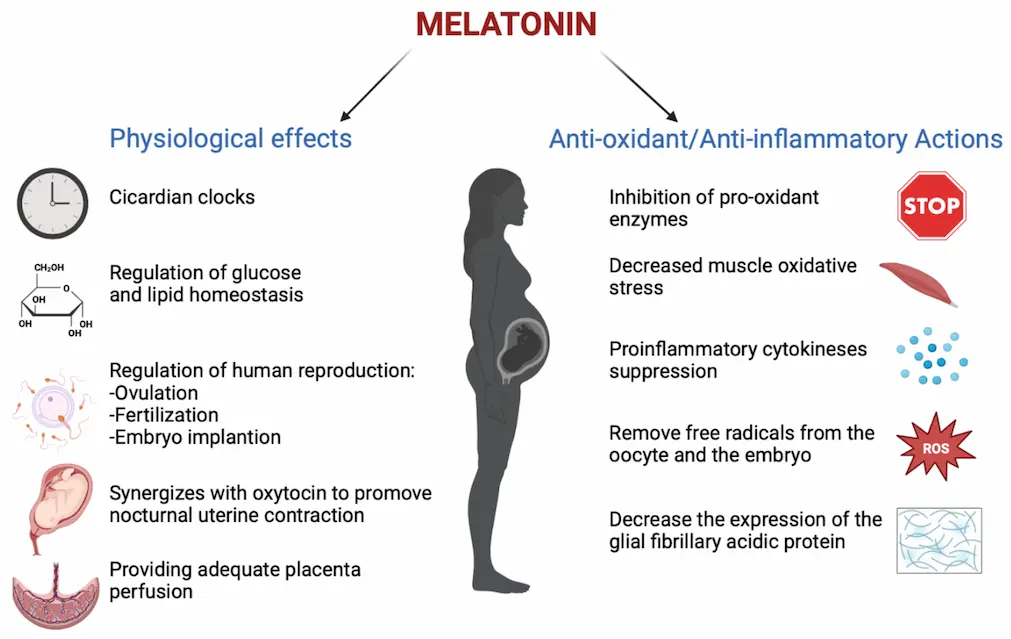Your Ultimate Guide to Calycosin: Sourcing, Benefits, and Customized Supply
If you’re in the market for high-quality plant extracts, you’ve probably come across the name Calycosin. It’s creating a buzz in the herbal supplement and cosmetic ingredient world, and for good reason. But what exactly is it, and how can it benefit your business or product line? As a leading professional herbal extract manufacturer, we at Aiherba.com get these […]
Your Ultimate Guide to Calycosin: Sourcing, Benefits, and Customized Supply Read More »

